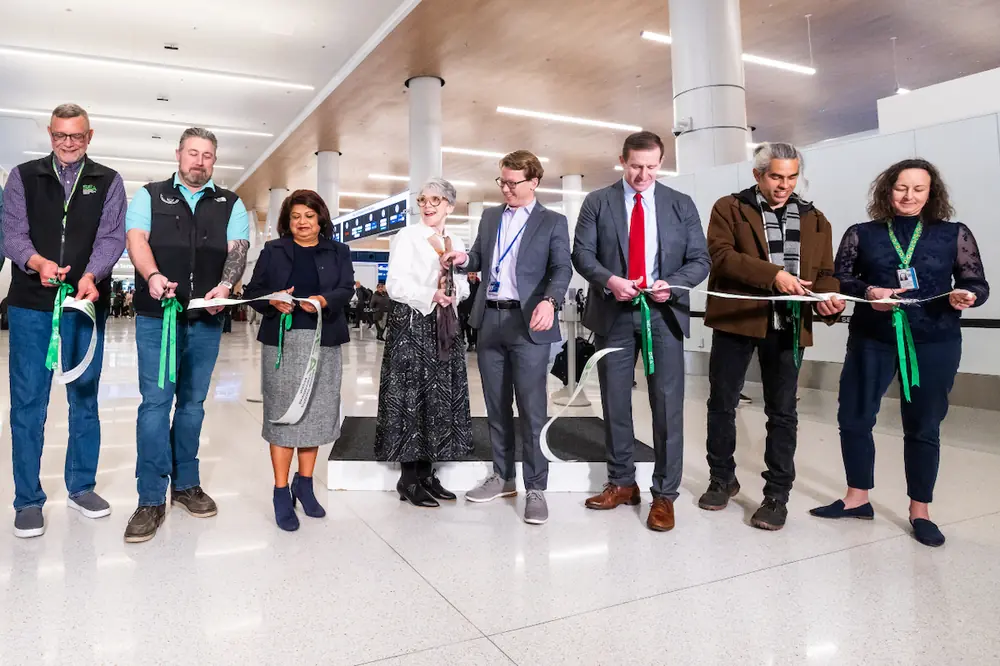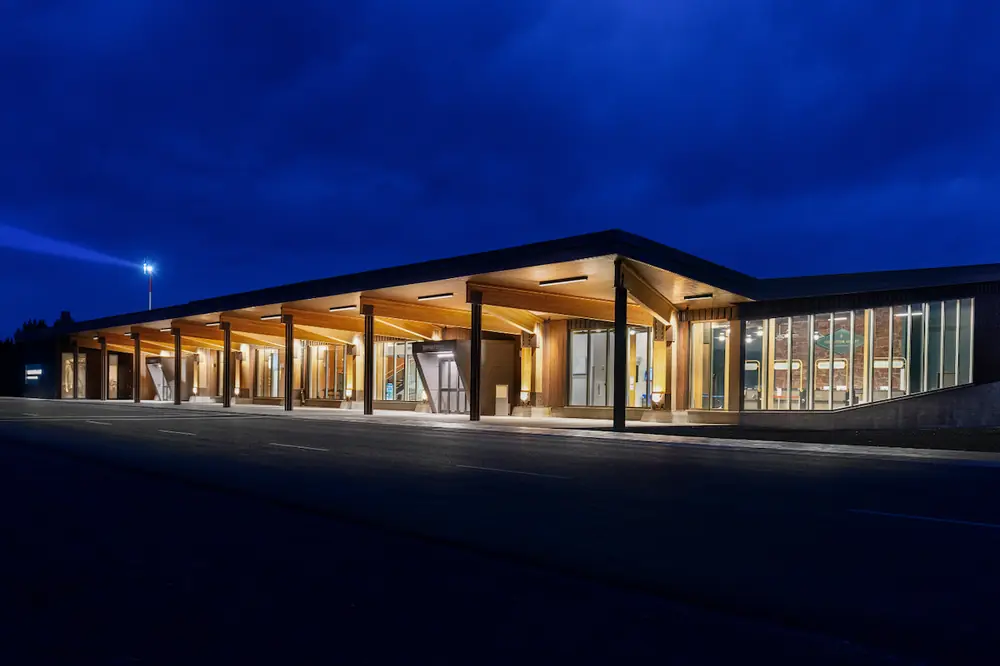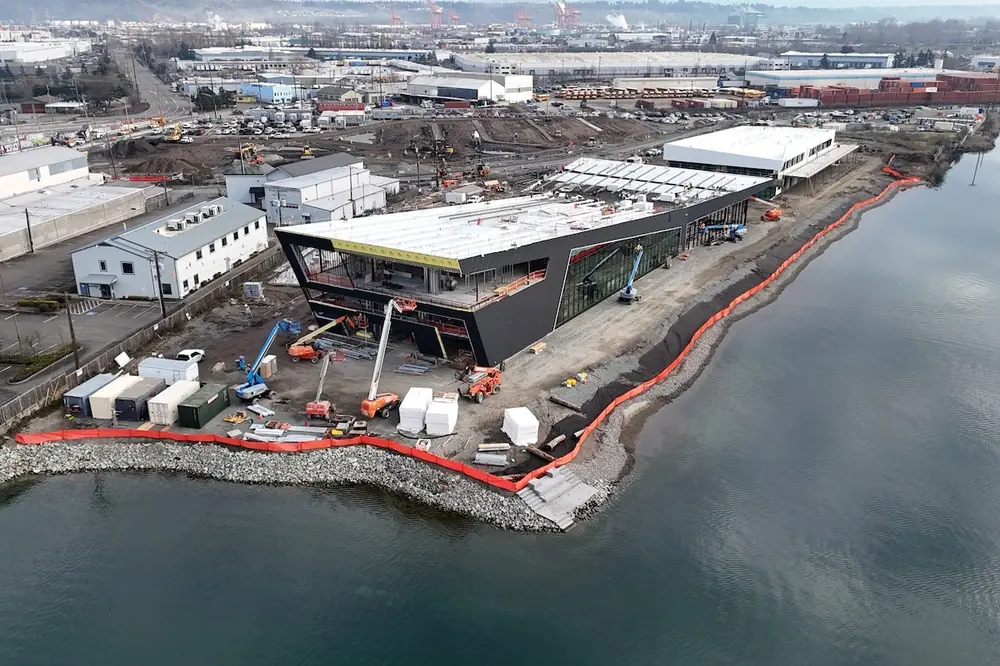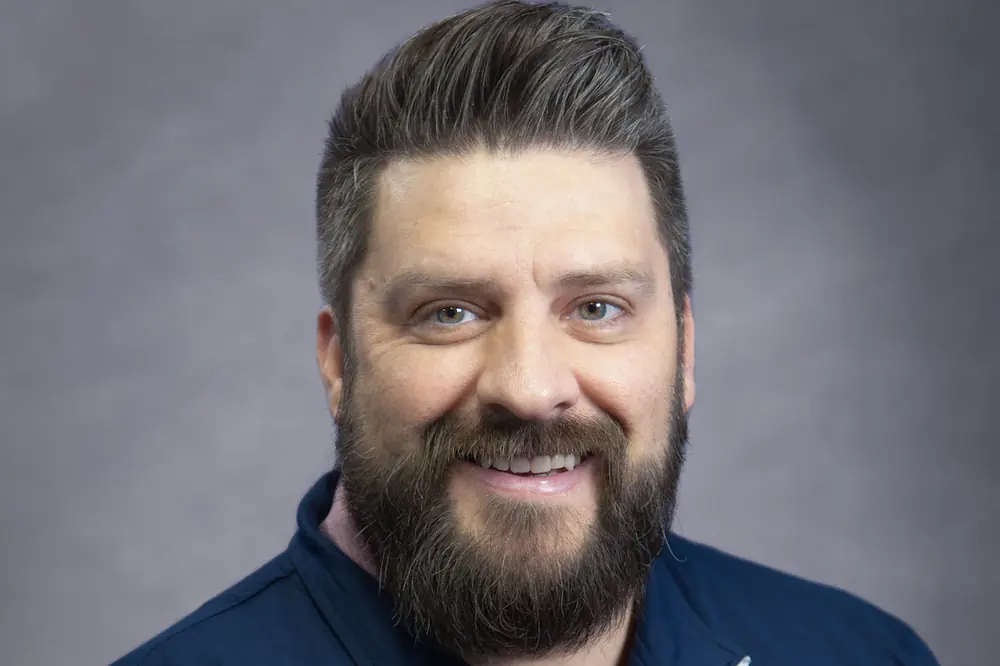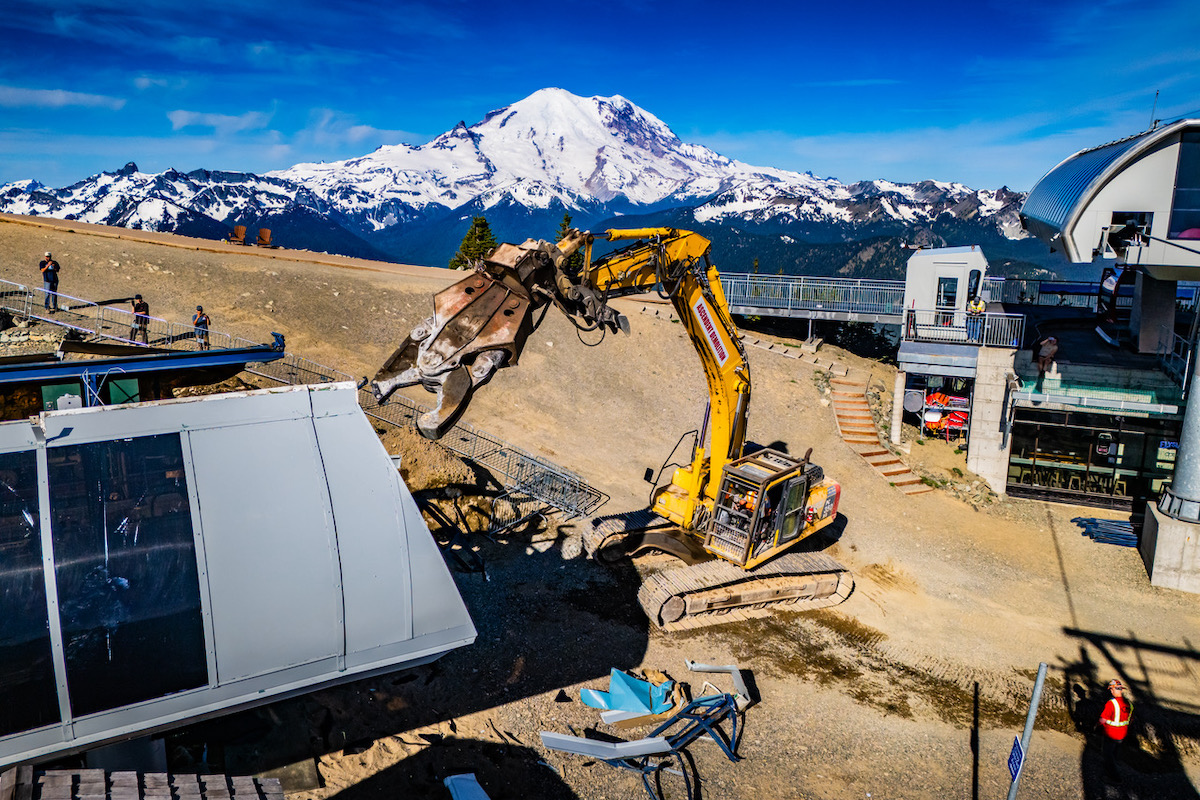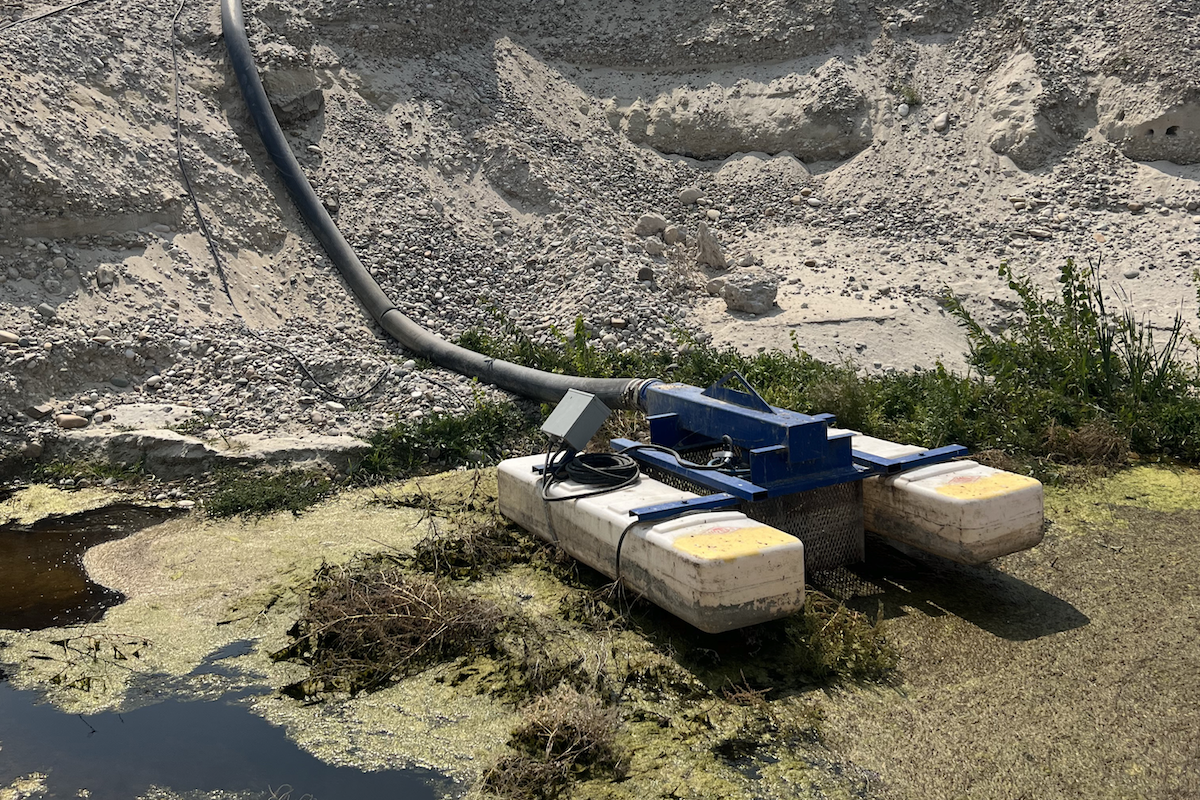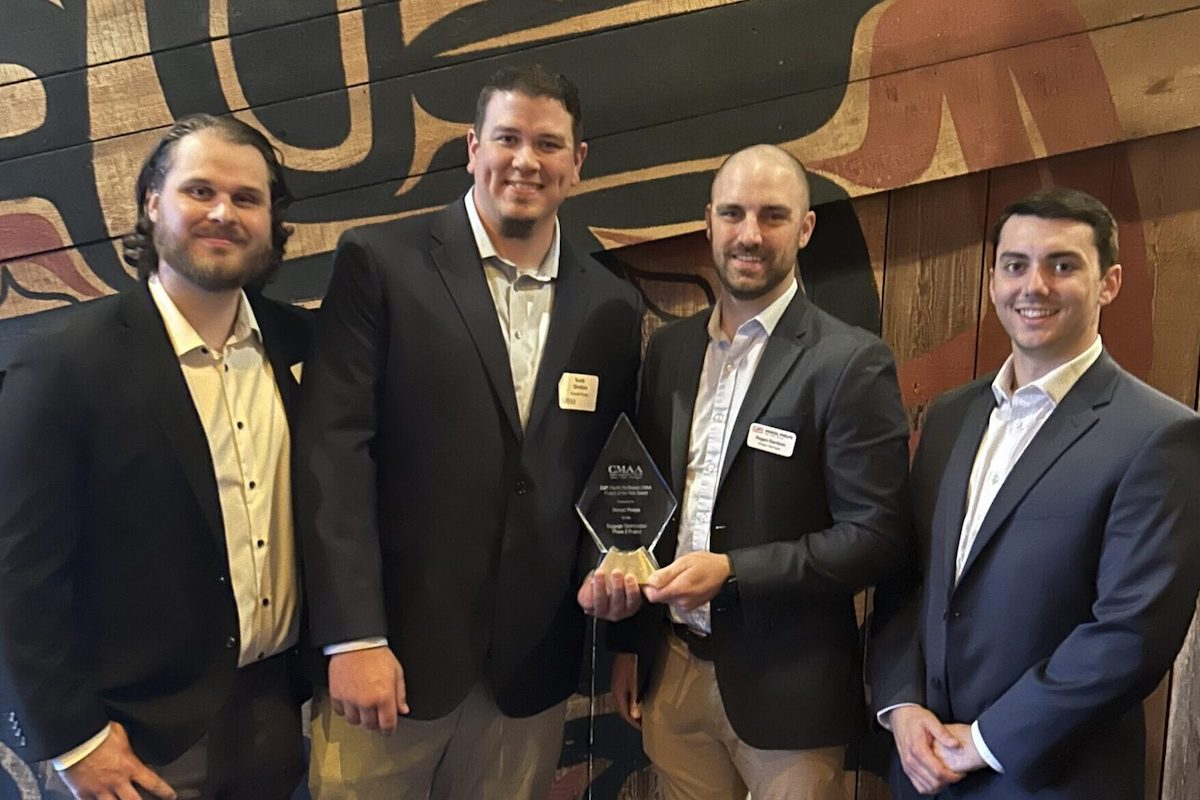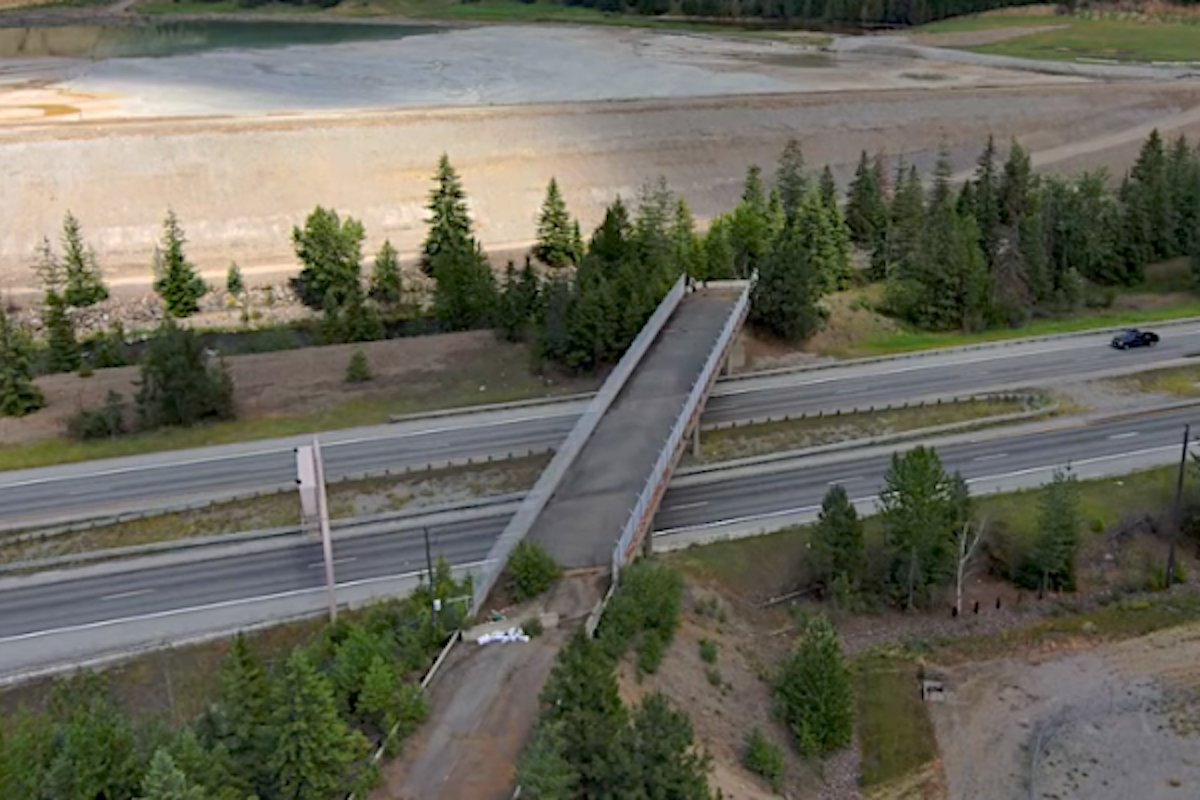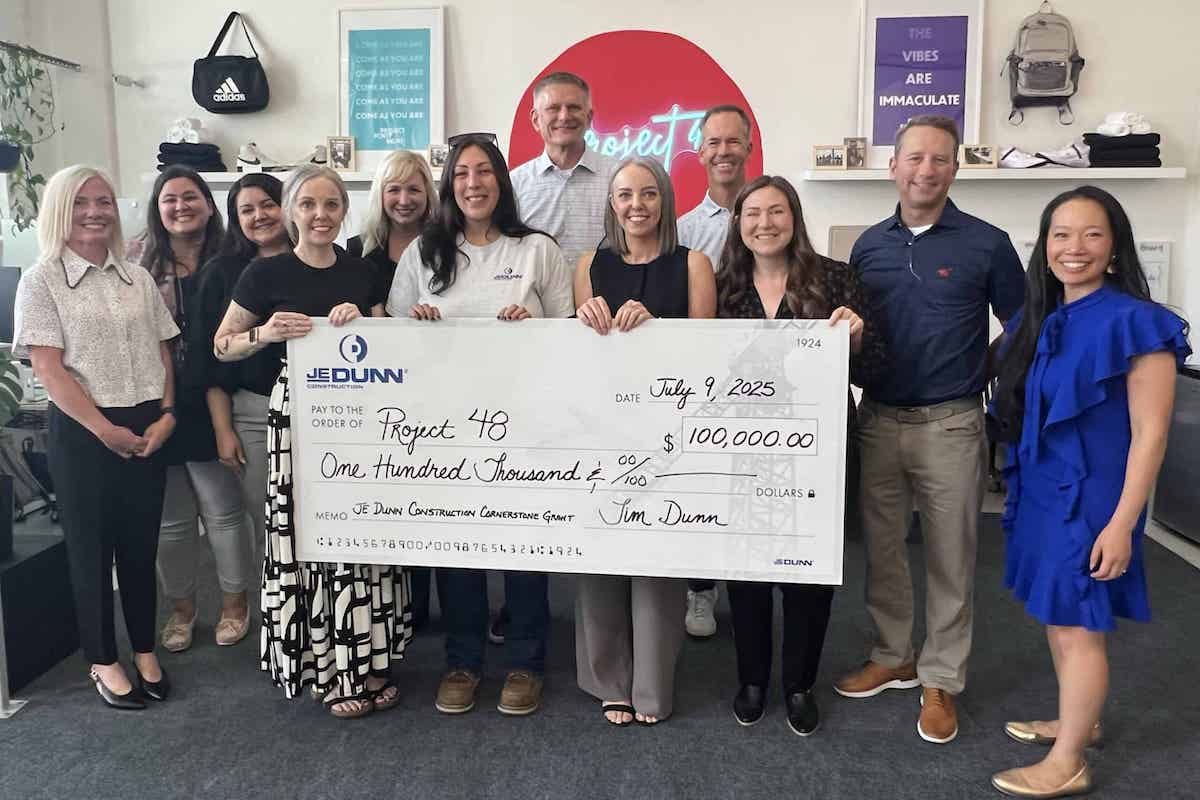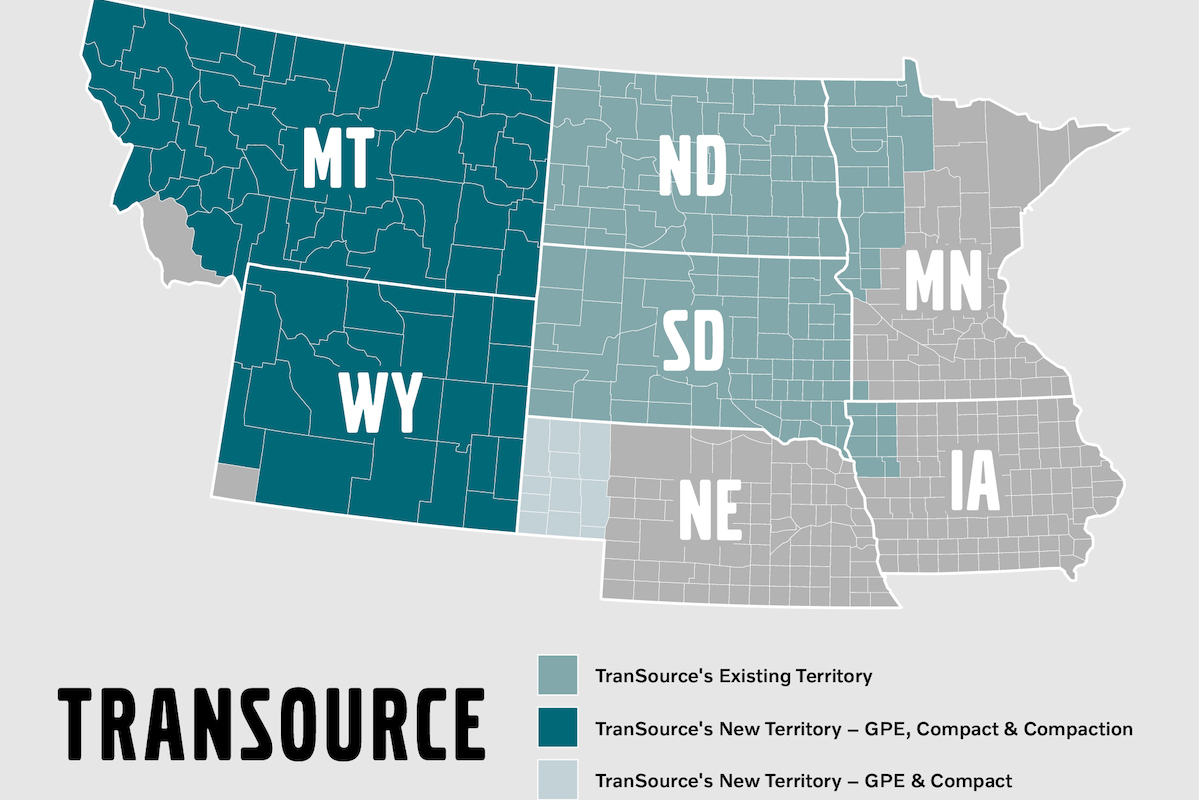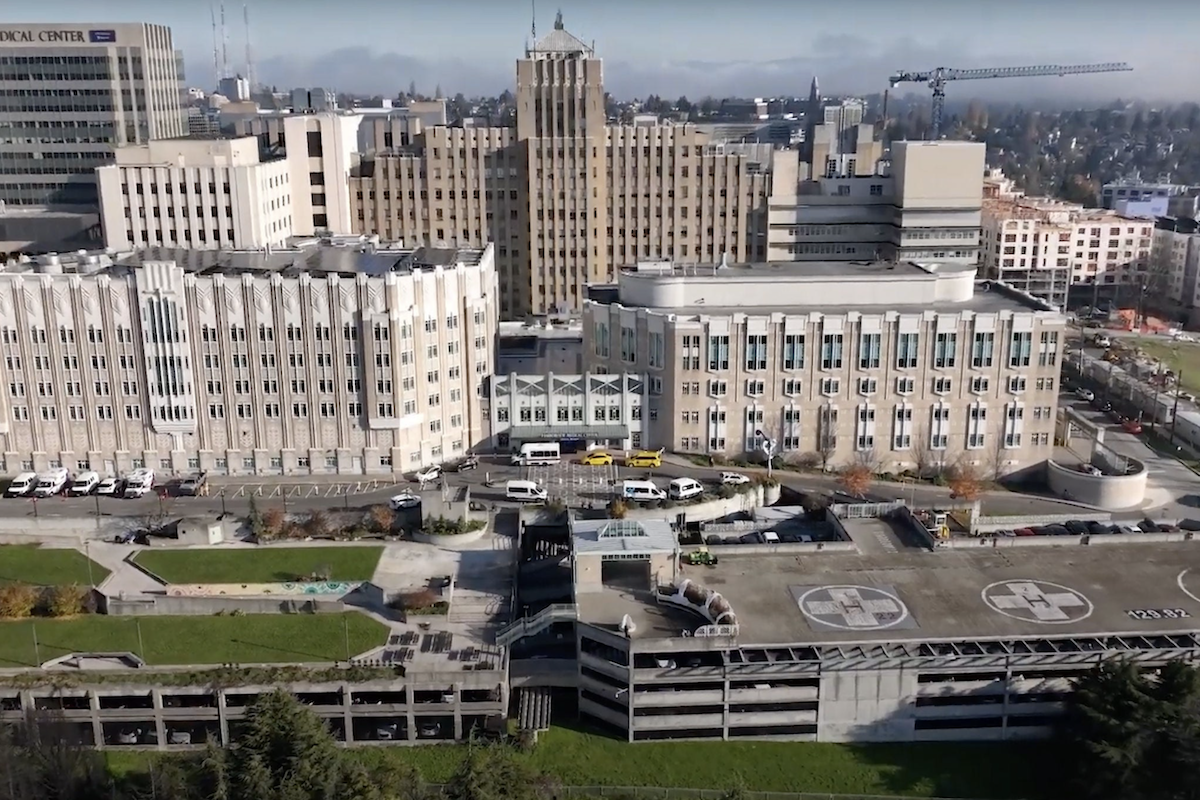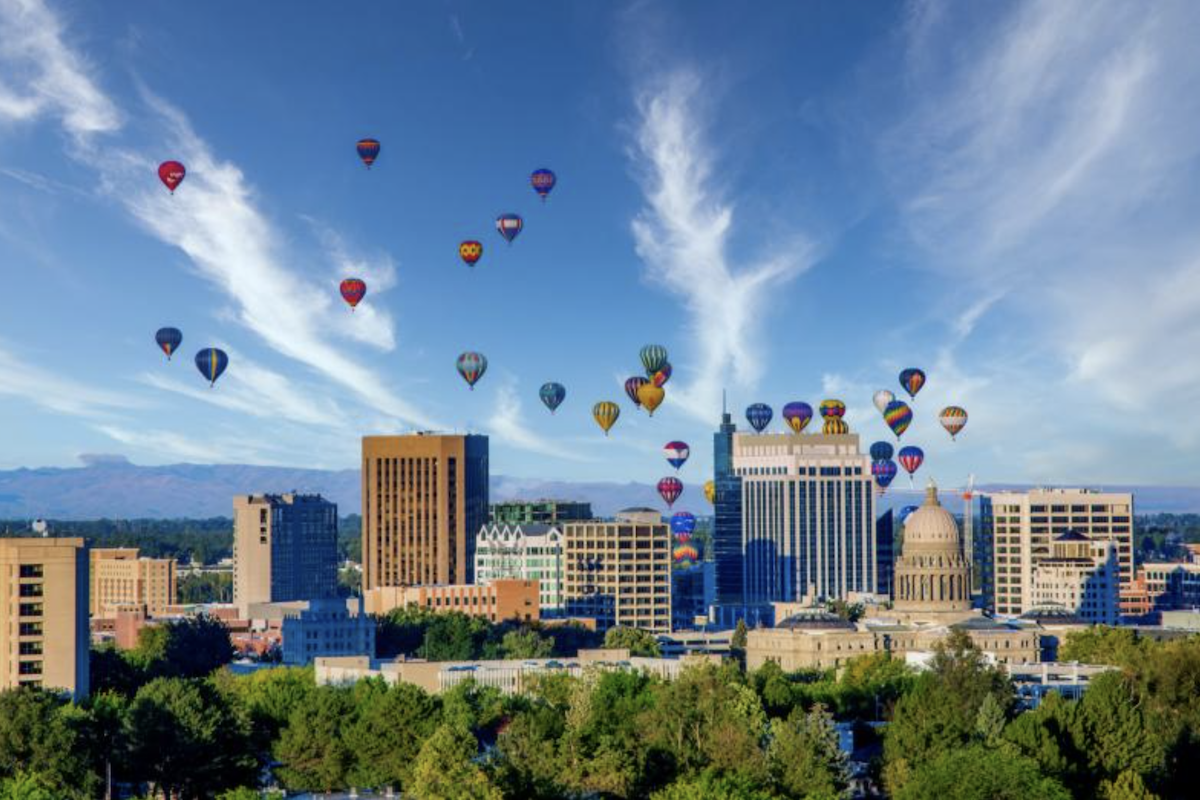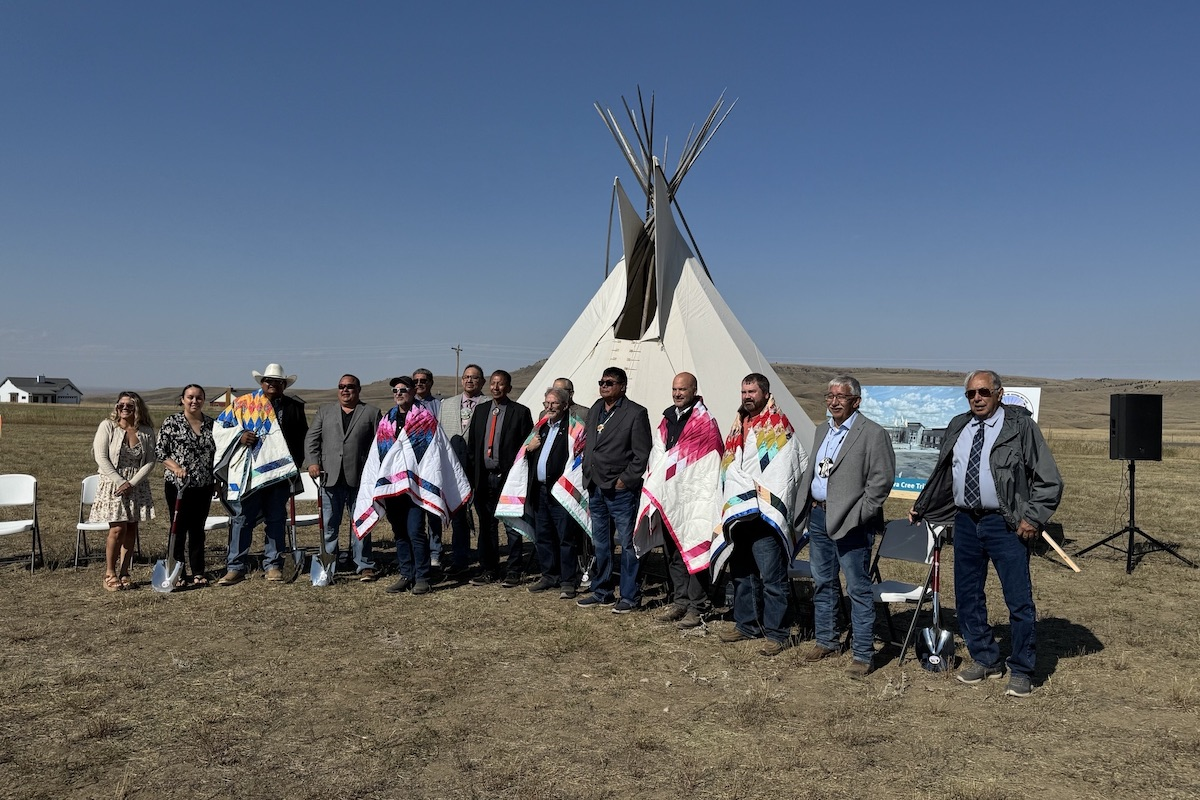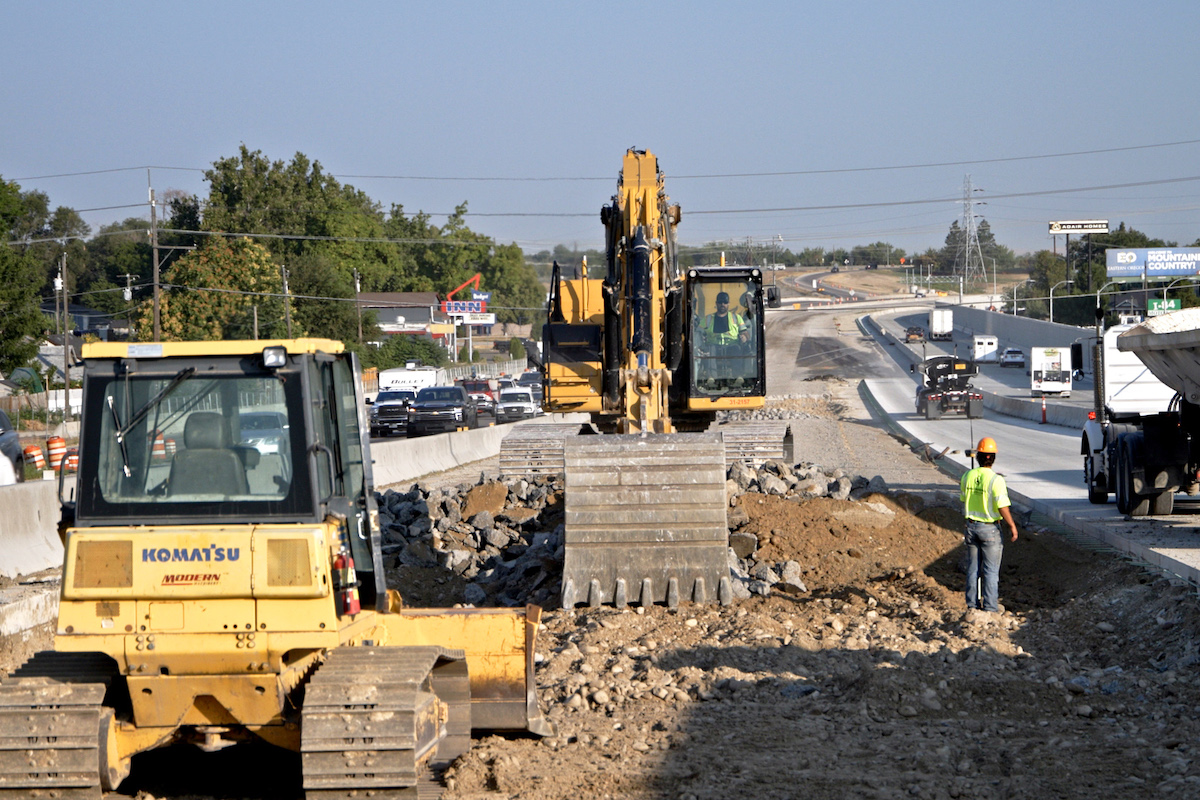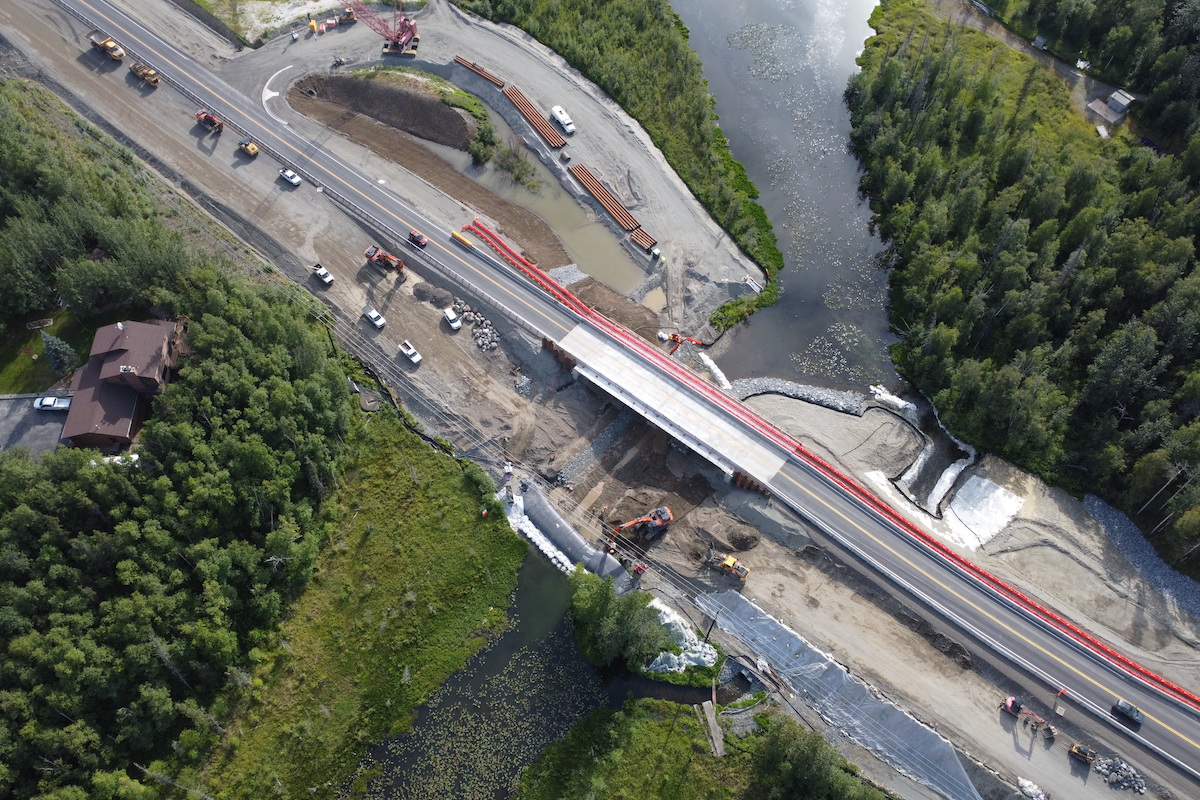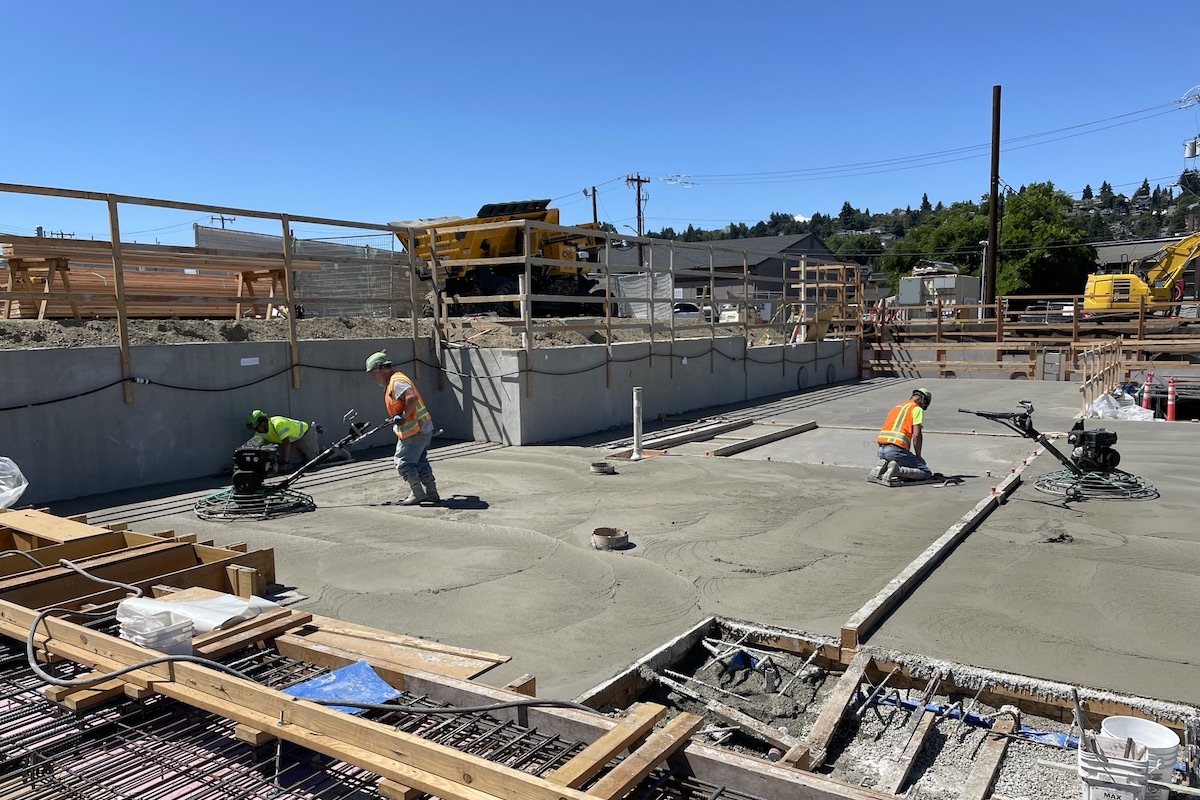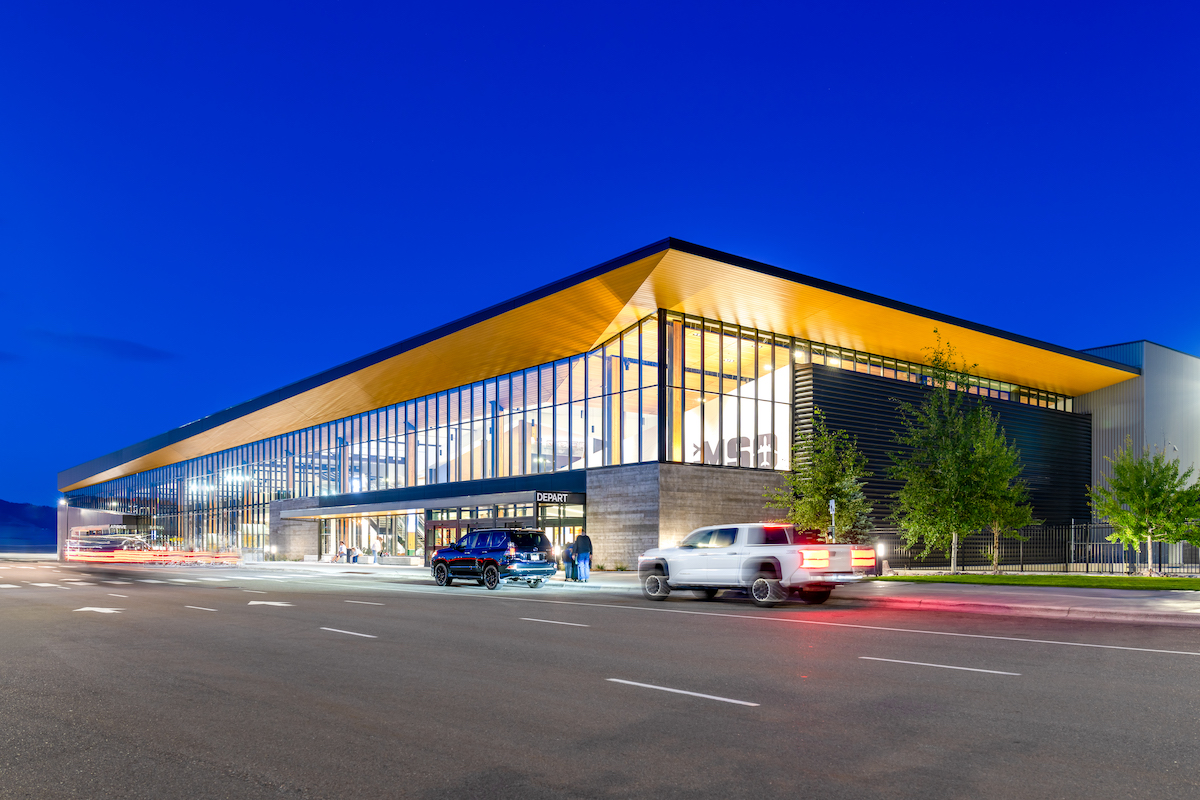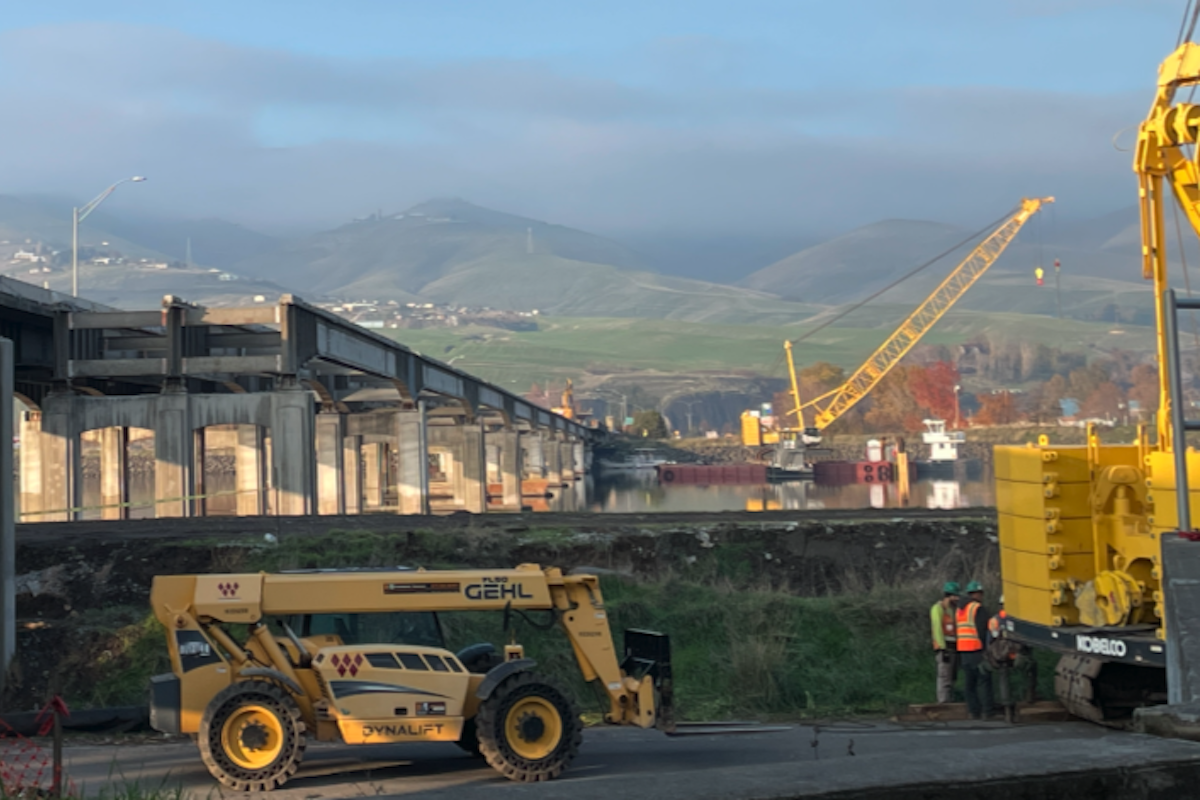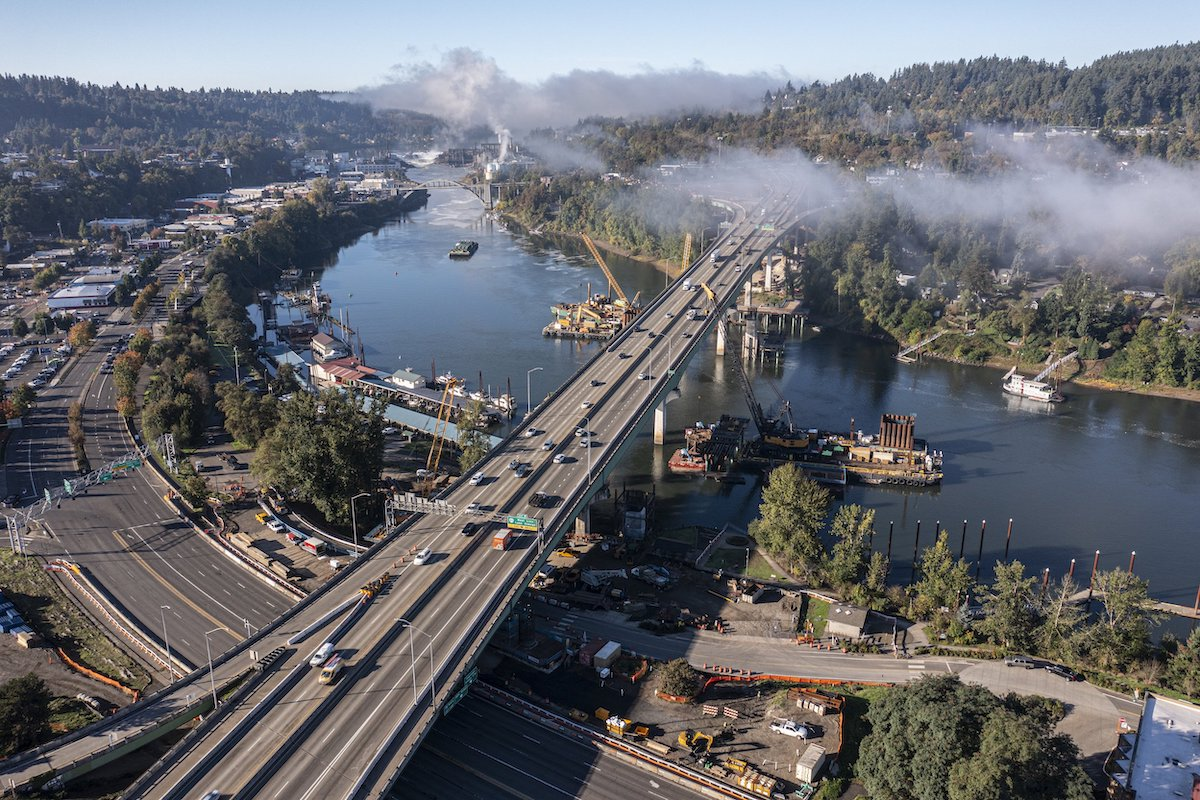REDMOND, WA — Sound Transit’s new light rail project that will bring service to downtown Redmond, Washington, has been awarded an Envision Platinum Award, with sustainable achievements across five areas of Envision. Sound Transit is building the extension with partners including
Jacobs (lead Envision firm);
Stacy and Witbeck/
Kuney (SWK), a joint venture;
Hatch LTK;
Hensel Phelps; and
Modern Railway Systems.
“SWK and Jacobs are excited to achieve Envision Platinum for the Sound Transit Downtown Redmond Link Extension project. Exceeding the original goal of Envision Silver and earning Envision Platinum recognition is a testament to the collective vision of Sound Transit, WSP, SWK, and Jacobs and their pursuit of continual sustainability improvement,” said Zach Adams, SWK Deputy Project Manager. “We are very proud to be a part of this tremendous effort to advance more sustainable and resilient infrastructure and deliver a project that adds lasting value to the region.”
The Downtown Redmond Link Extension Project (DRLE) is a 3.4-mile light rail extension that includes new surface and elevated guideway structures, stations at Marymoor Village and Downtown Redmond, a parking garage, and associated utility, drainage, environmental, and roadway improvements. Currently under construction, this project will extend Sound Transit’s 2 line from the future Redmond Technology Station, providing residents and commuters in Redmond with direct light service to Overlake, Bellevue, Mercer Island, downtown Seattle, the University of Washington, Northgate, Lynnwood, SeaTac Airport, and Federal Way.
Sound Transit’s commitment to sustainability extends throughout its operations with a focus on enhancing the region’s quality of life by reducing car trips with more transit ridership; supporting smart regional growth; fostering transit-oriented development and improved transit access; designing and building more sustainable projects; and operating vehicle fleets more efficiently. With the aim of continual improvement, the agency has an Environmental and Sustainability Management System that centers on accountability for controlling environmental impacts, maintaining compliance with environmental laws and regulations, and demonstrating performance improvement.
“The high level of stakeholder engagement, the emphasis on renewable energy sources, and the importance given to protecting the environment during construction are among the sustainable achievements that have set this project apart,” said Melissa Peneycad, Institute for Sustainable Infrastructure Managing Director.
Providing Sustainable Transportation Options
The DRLE project is a mass transportation project that extends light rail to previously unserved communities. Encouraging the use of sustainable transportation is inherent to the project’s objectives. The project expands the existing multimodal transportation system in the region by providing connections to many sustainable, high-capacity transportation options, including train, ferry, bus, monorail, and streetcar, making it easier, faster, and affordable to get around. In addition, the project provides convenient access to pedestrian and biking trails.
Empowering Communities Through Meaningful Engagement
The project team’s stakeholder engagement process has aimed to empower people to engage in the project planning and design process to ensure their needs are met and their voices are heard. Outreach tools have included briefings, public meetings and hearings, mailings, fact sheets, community events, an online comment database, a webpage, and news media. Hosted in-person and online open houses, neighborhood information sessions, and surveys have been used to provide updates and gather input. Stakeholder comments were incorporated into the design of the project, especially those related to enhancing public space and amenities such as bike parking, the design of the pedestrian and bike trails connecting to the project, and the design of the station plazas that will be enhanced by integrated artwork.
Using Renewable Energy
Sound Transit has committed to making all facilities and all electricity carbon-neutral by 2030. To deliver on that objective, Sound Transit is pursuing three main strategies: investing in energy efficiency for existing and new facilities, including DLRE stations; purchasing cost-effective renewable energy through programs such as Long-Term Carbon Free Energy Service Agreements and Puget Sound Energy’s (PSE) Green Direct Program; and the development of on-site renewable energy installation. PSE is providing all the DRLE project’s energy needs. DLRE is in a 10-year contract with PSE’s Green Direct Program, in which the light rail system will run on 100 percent carbon-free electricity.
Improving the Quality and Reliability of Infrastructure Services
The DRLE project increases transit options while cutting travel time for people living and working in the region. The project provides new operating capacity in the transportation system by extending light rail to the southeast and downtown Redmond. Current transit in the project’s vicinity is unreliable due to congestion on local arterials and I-90. The DRLE project will increase the quality and reliability of infrastructure services by reducing people’s dependency on a single mode of transit.
Protecting the Environment
The DRLE project has taken many steps to protect the environment, including:
- Building elevated guideways or retained fill guideways instead of fill slopes, reducing impacts on wetlands
- Creating, enhancing, and restoring wetlands in a site adjacent to the project
- Enhancing riparian planting along the Sammamish River
- Reclaiming brownfields by using a combination of active and passive measures to remove contamination from a portion of the site
- Utilizing an integrated pest management plan to reduce the use of toxic and hazardous chemicals in the environment
- Implementing a soil protection and restoration plan to ensure soil health in the project area

















